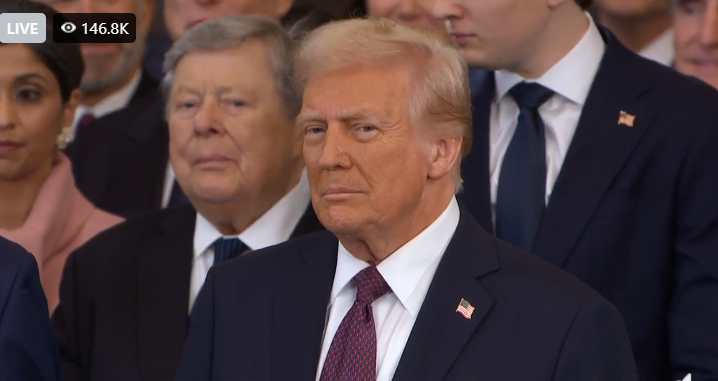LONDON (Reuters) – British Prime Minister Theresa May will try to break the Brexit deadlock on Monday by setting out proposals in parliament that are expected to focus on winning more concessions from the European Union.
Britain’s Prime Minister Theresa May leaves church, near High Wycombe, Britain, January 20, 2019. REUTERS/Hannah McKay
With just over two months until the United Kingdom is due to leave the European Union on March 29 there is no agreement in London on how and even whether it should leave the world’s biggest trading bloc.
After her Brexit divorce deal was rejected by members of parliament last week, May has been searching for a way to get a deal through parliament, so far in vain.
The EU, which has an economy more than six times the size of the United Kingdom, says it wants an orderly exit but senior officials have expressed frustration and sorrow at London’s deepening crisis over Brexit.
“I have often said Shakespeare could not have written any better the tragedy we are now witnessing in Britain,” German Europe Minister Michael Roth told broadcaster ARD.
Attempts to forge a consensus with the opposition Labour Party failed so May is expected to focus on winning over 118 rebels in her own party and the small Northern Irish party which props up her government with concessions from the EU.
May will focus on changing the Northern Irish backstop, an insurance policy to ensure no return to a hard border between the British province and Ireland.
IRELAND
May will make a statement in parliament at 1530 GMT and put forward a motion on her proposed next steps on Brexit, though some MPs are planning to wrest control of Britain’s exit from the government.
Buying sterling is not advisable because of Brexit uncertainty, UBS Wealth Management said on Monday, adding that hedging pound exposure over the next three months is one way to avoid market volatility.
In a sign of just how grave the political crisis in London has become, the Daily Telegraph reported that May was considering amending the 1998 Good Friday Agreement which ended 30 years of violence in Northern Ireland.
It said EU sources cast May’s plan a non-starter as a renegotiation of such a significant international treaty would require the consent of all parties involved in Northern Ireland.
May told her ministers she would focus on securing changes from Brussels designed to win over rebel Conservatives and the Northern Irish Democratic Unionist Party, The Times said.
Ireland will not engage in bilateral talks on Brexit and will only negotiate as part of the 27 remaining members of the EU, Ireland’s European Affairs Minister Helen McEntee said on Monday.
“What we can’t do and what we won’t do, because we have not throughout this entire process, is engage in any kind of bilateral negotiations with the DUP or any other political party in Northern Ireland or the UK. This is a negotiation between the EU and the UK,” McEntee told national broadcaster RTE.
After May’s motion is published, MPs will be able to propose amendments to it, setting out alternatives to her deal.
The 650-seat parliament is deeply divided over Brexit, with different factions of MPs supporting a wide range of options including leaving without a deal, holding a second referendum and seeking a customs union with the EU.
Ever since Britain voted by 52-48 percent to leave the EU in a referendum in June 2016, London’s political class has been debating how to leave the European project forged by France and Germany after the devastation of World War Two.
While the country is divided over EU membership, most agree the world’s fifth largest economy is at a crossroads and its choices over Brexit will shape the prosperity of future generations for years to come.
Editing by Janet Lawrence






Leave a Reply